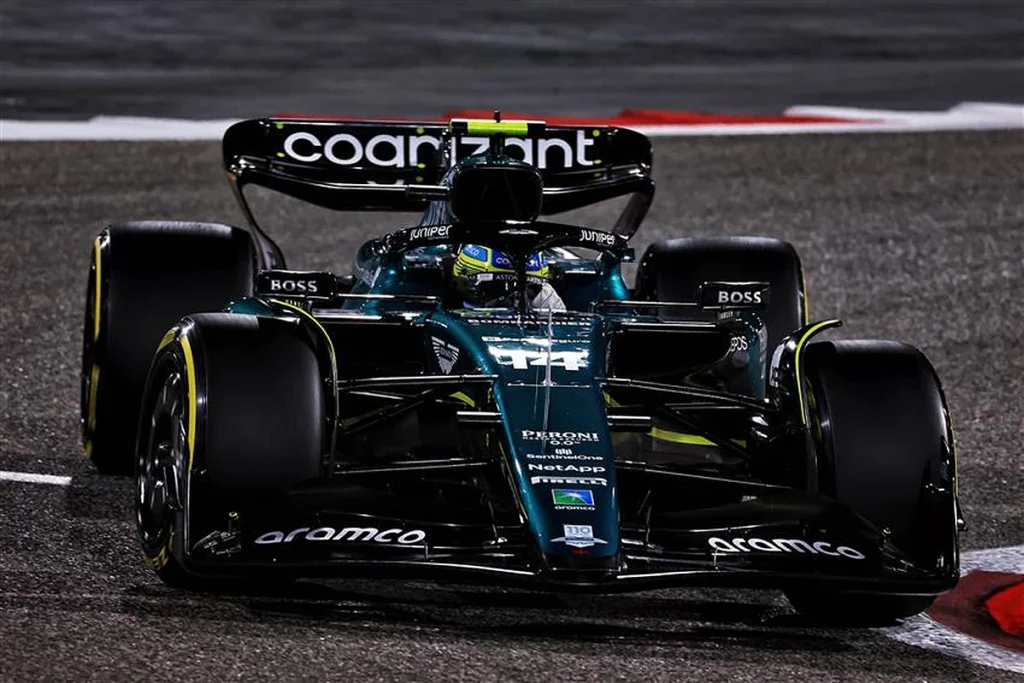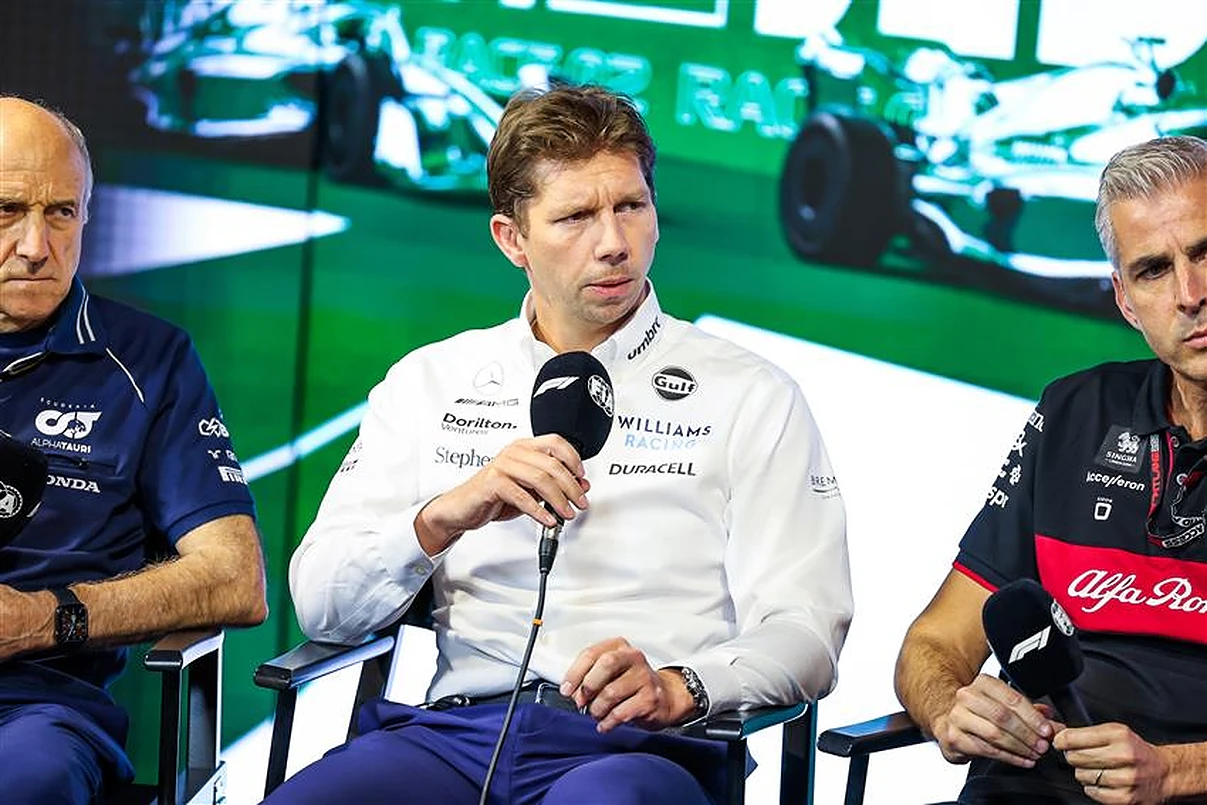Williams team principal James Vowles has admitted that being a customer team in Formula 1 is less than ideal, with those buying engines from another team usually occupying the lower places in the Constructors’ Championship.
Williams are, of course, a customer Mercedes team, meaning that the Grove-based outfit purchase engines and gearboxes from the German manufacturer.
Teams like Alfa Romeo, Haas, McLaren, AlphaTauri, and Aston Martin are also customer teams; however, this list is set to shrink when the new power unit regulations are introduced in 2026.
Aston Martin will become a Honda customer team whilst Sauber are becoming an Audi customer team, meaning they’ll work much closer with the manufacturer in regard to engine development.

Want to work in Formula 1? Browse the latest F1 job vacancies
Customer teams have very little say over what they receive, with Williams effectively being given the same as what Mercedes currently use.
The British side have very much remained as a backmarker though, due to how challenging it is for a customer team to consistently compete with the frontrunners.
Aston Martin have proven that it’s possible this season to be a frontrunner and a customer team; however, they have put significant work into their aerodynamics.
“I think what Aston has shown you is that you can take that and you can run with it, albeit Aston is going their own way,” Vowles said.
“The real question is, can you – with that package – be competitive fighting for a world championship?
“I don’t think it limits you necessarily in a stable set of regulations.”
Williams will be sticking to their customer team title when the new engine regulations come into effect, something which will initially be “difficult” for the side.
However, Vowles is remaining optimistic that being a customer team in the new regs will be manageable, due to the current regulations regarding what equipment customer teams receive being “very good”.
“The first get-go into 2026, potentially there it becomes a little bit difficult. But the learning will kick in shortly after that,” added Vowles. “I’ve experienced both now over the last six months.
“The closer you are linked with your engine manufacturer, the more you can do the layout of the back of the car the way you need it to be,” he acknowledged.
“Your compromise between aerodynamic cooling, performance versus power generation, that compromise can be set by yourself and you understand all of the targets.
“Clearly in a relationship – and we are a customer with Mercedes – that’s a lot more difficult.
READ: Billionaire F1 team owned linked to golf merger
“However there are regulations in place now that are very good, that mean that the power unit we’re being supplied is the same power unit as elsewhere. That wasn’t the case many years ago.
“I have confidence at least that the power it’s generating is good. Now we’re into the integration side and where we are.
“We’re still in a situation where we take the gearbox – so effectively the casing, the cassette – from Mercedes, and that means that the integration for a lot of it has already been thought about and done to a certain extent.”

